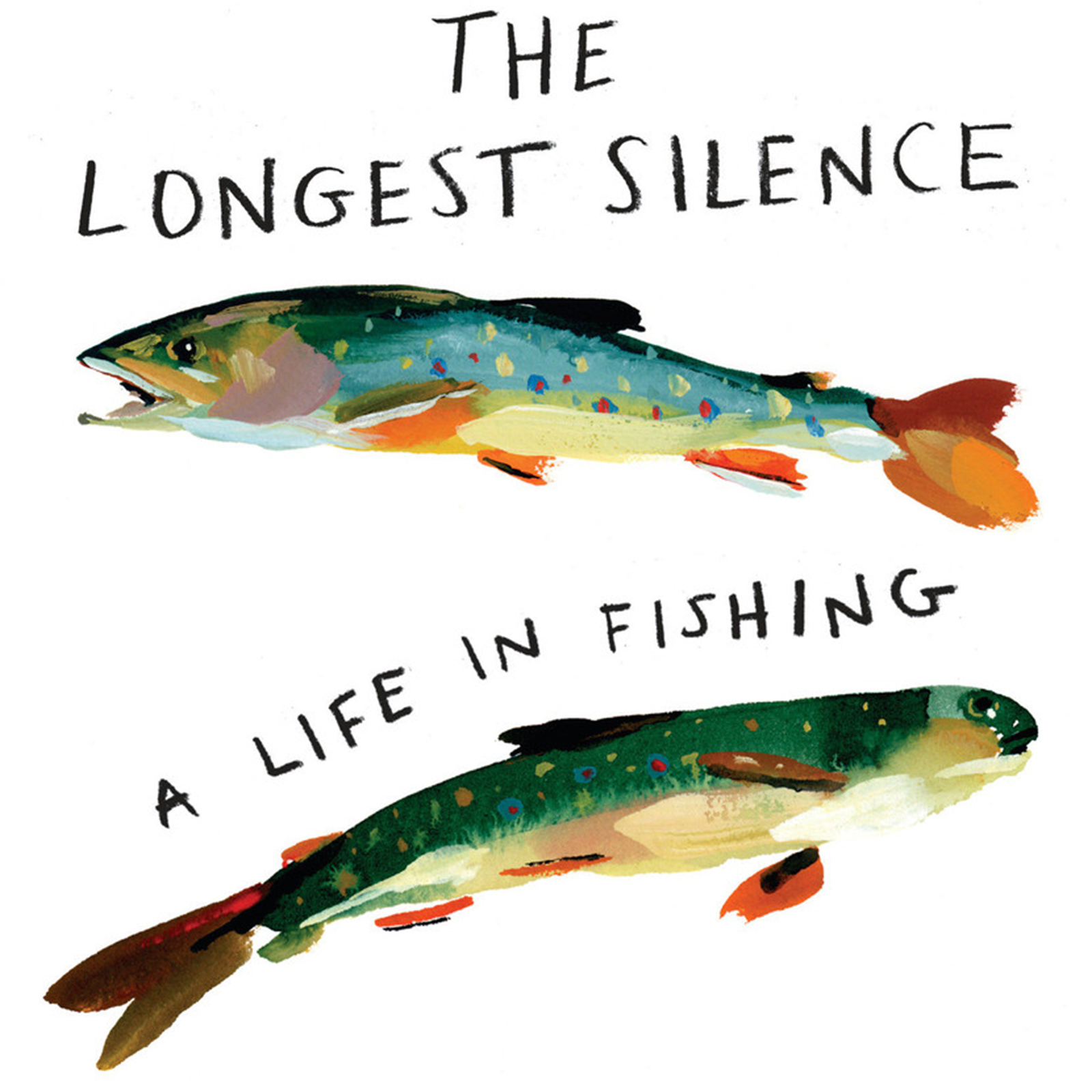I’ve been reading “The Longest Silence” by Tom McGuane for six years, which may not sound like a ringing endorsement, but allow me to explain.
There’s both a steadying, grounding quality to this essay collection about fishing, and a thoughtfulness and emotional expansiveness to it, that makes me not only want to keep it close, but to keep coming back to it. That is the quick, basic explanation for why I hold this book so dear. And so, at various points in the last six years, usually once or twice a year for a period of anywhere from a few days to a couple weeks, I open it up and pick back up where I left off, removing whatever business card, receipt, odd scrap of paper, or occasionally an actual bookmark, that I last tucked into its pages to save my place. I might read to the end, or just work through a few essays. It’s a book that, for me, lets the reader set the pace.
What makes my connection to this book maybe even more strange—but I think encouraging, in a way—is that I’m not an angler by any stretch of the imagination. I don’t fish, and have only a basic working knowledge of fishing beyond what I’ve gleaned from McGuane’s wisdom. And yet this particular collection of words from one of Montana’s greatest living writers (McGuane lives near the Sweet Grass County community of McLeod), has a way of keeping me hooked.
There might be an explanation for this in an essay toward the back end of the collection. While much of the book explores specific fishing experiences and voyages, or meditations on the minds of fish and anglers, and observations on the comings and goings of seasons across a life spent on water, this particular essay, aptly titled “Izaak Walton,” is a consideration of the 16th century English writer’s most famous work, a book on fishing called “The Compleat Angler.”
(And yes, it’s the same Izaak Walton for which the Izaak Walton Inn in Essex is named.)
“Today’s faithless reader will be somewhat baffled by the long shelf-life of this unreliable fishing manual, until he realizes it’s not about how to fish but how to be,” McGuane writes.
While calling “The Longest Silence” an “unreliable fishing manual” would be an unfair assessment, the last half of that quote rings true for McGuane’s book, even if he’s writing about Walton’s. There’s a precious clarity to McGuane’s sentences and a careful, but subtle refinement to these essays that makes them feel like guideposts which can be used to orient oneself in an oftentimes turbulent life. Tom McGuane is also the rare writer with a sense of humor that works on the page.
A good example of all these virtues can be found in the book’s introduction, called “Some Remarks,” in which McGuane writes: “I’m afraid that the best angling is always a respite from burden. Good anglers should lead useful lives, and useful lives are marked by struggle, and difficulty, and even pain. Perhaps the agony of simple mortality should be enough. But probably it is not. As they say in South America, everyone knows they are going to die; yet nobody believes it. Human lapses of this kind enable us to fish, fornicate, overeat, and bet on horses.”
Read more recommendations from Beacon staffers and share your own by joining the Flathead Beacon Editor’s Club. Members gain access to our redesigned website that, along with our new Culture Club, includes access to some of our best photography and future events. Support independent journalism. Join the Editor’s Club.
